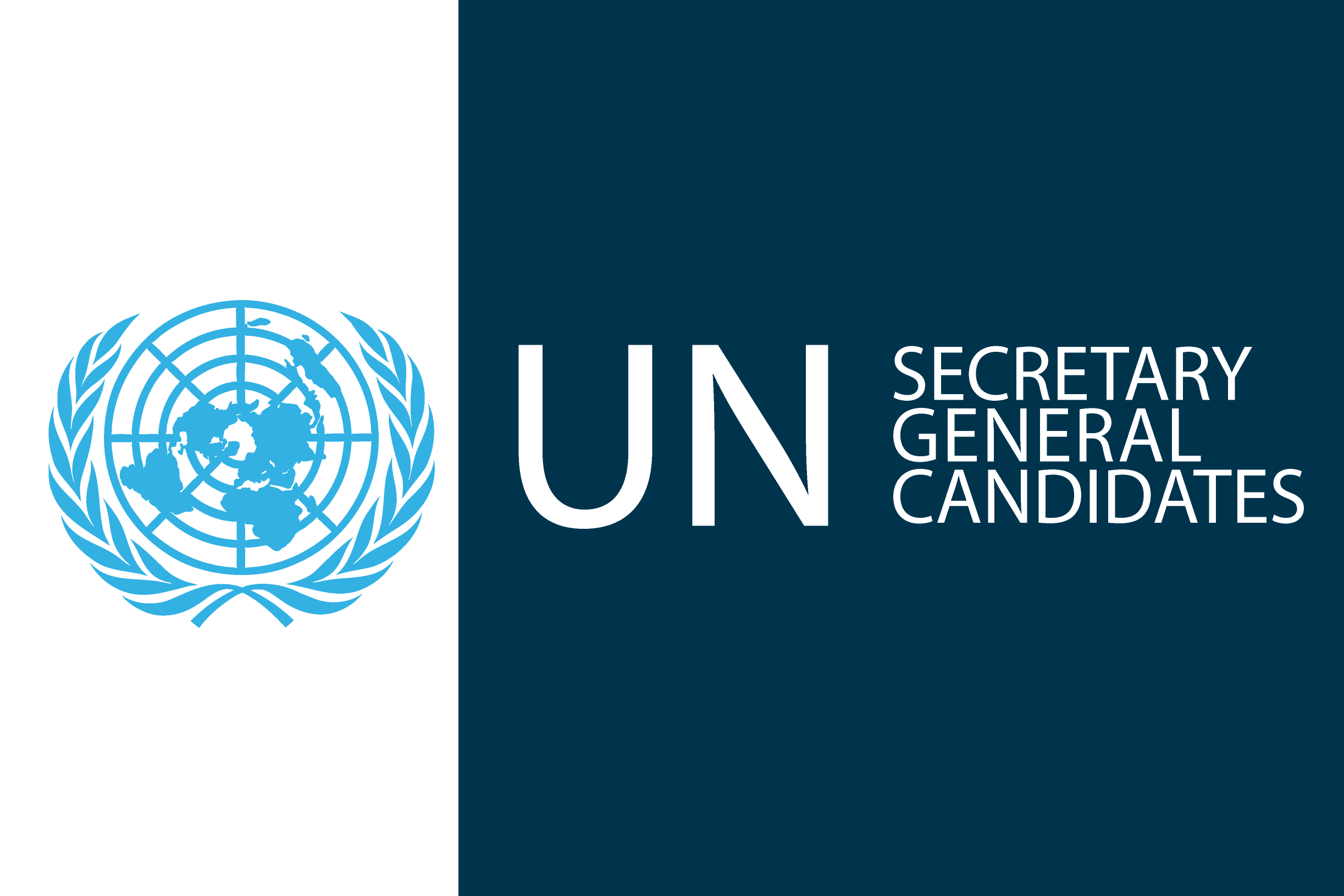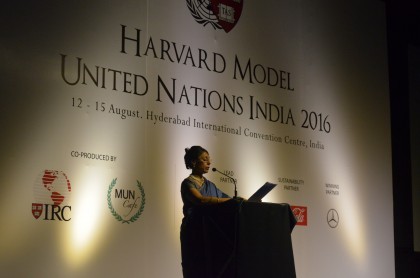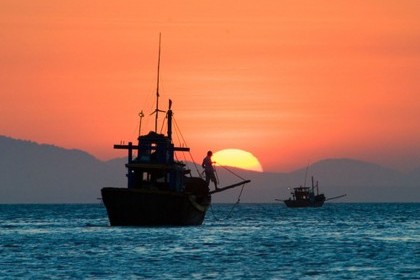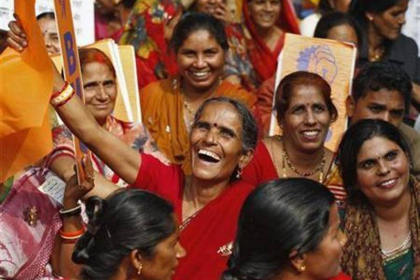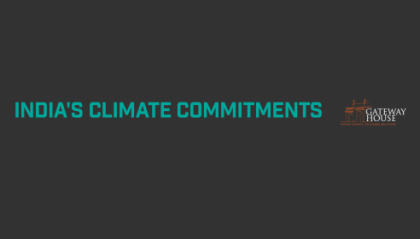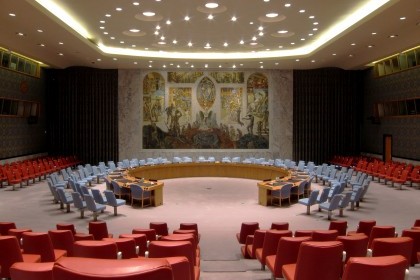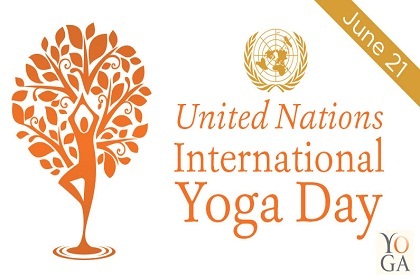Will Marrakech move the money?
Making the climate change transition involves an unprecedented reallocation of capital – and the task is to build the financial architecture that can deliver these flows within deadline. COP-22 has to raise more, cheaper and better quality finance for climate action.


